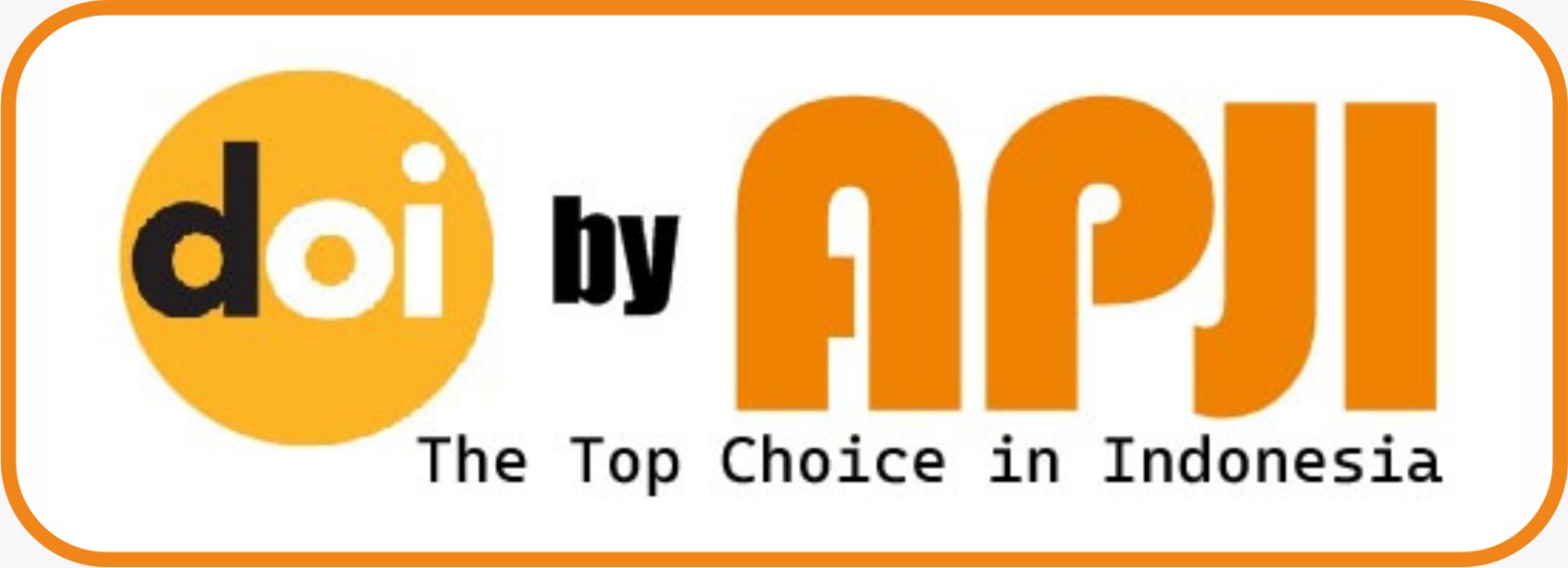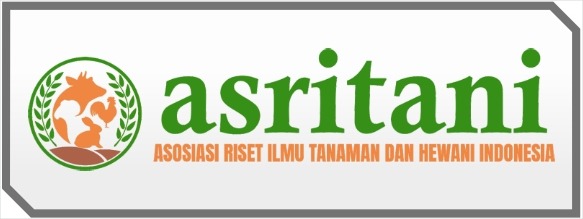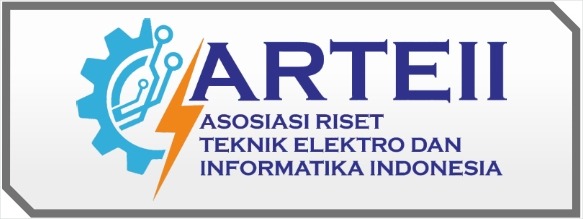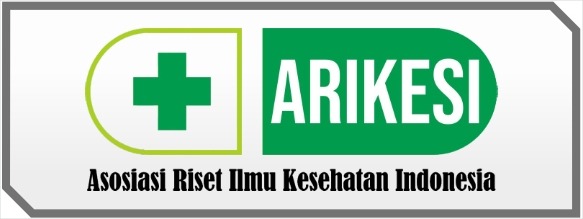Artificial Intelligence in Food Marketing: Comparing Traditional Advertising Techniques with AI-Driven Strategies
DOI:
https://doi.org/10.69930/jsi.v2i3.381Keywords:
Artificial intelligence-driven marketing, food marketing, food industryAbstract
This research investigates the comparative effectiveness of artificial intelligence-driven marketing strategies versus traditional advertising techniques in the food industry. Using a mixed-methods approach combining quantitative survey data (n=387) from food marketing professionals and consumers with qualitative assessments of 42 marketing campaigns, this study evaluates performance across multiple dimensions including engagement rates, conversion metrics, return on investment, and consumer perception. Findings reveal that AI-driven strategies demonstrate superior performance in personalization capabilities (37.8% higher engagement), predictive trend anticipation (reduction in market research time by 42.3%), and operational efficiency (26.4% cost reduction). However, traditional techniques maintain advantages in brand storytelling and emotional connection establishment. The research identifies optimal integration models that leverage the strengths of both approaches, with hybrid campaigns showing 31.7% higher overall effectiveness than single-approach strategies. This study contributes to marketing theory by establishing a comprehensive framework for evaluating emerging technologies in food marketing while providing practical implementation guidelines for industry practitioners. The findings suggest that strategic integration rather than wholesale replacement represents the optimal path forward for food marketing innovation.






















